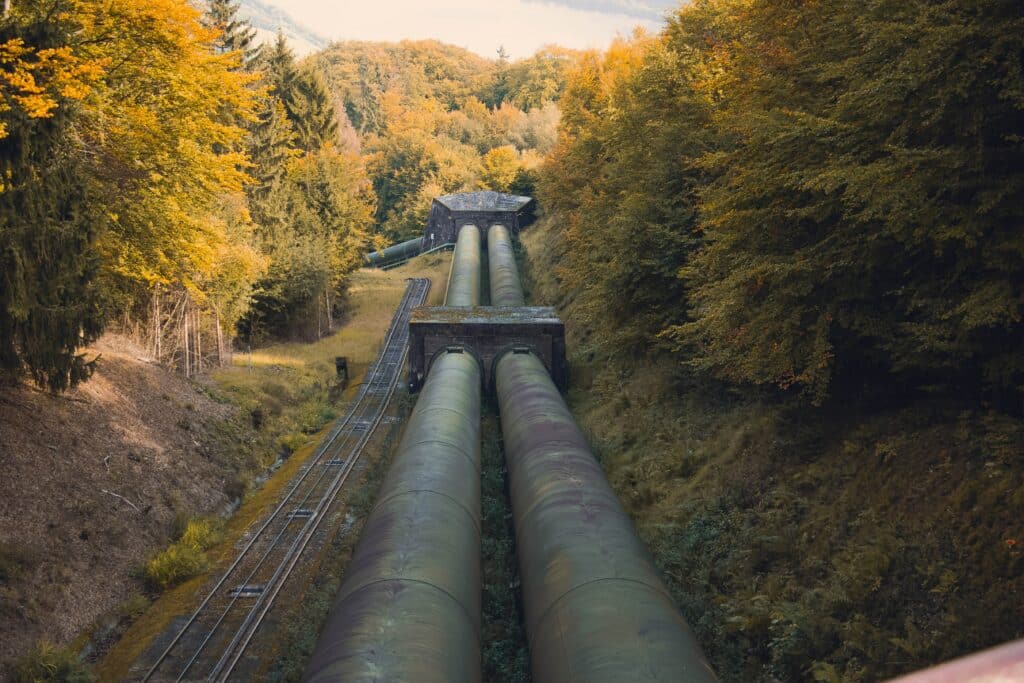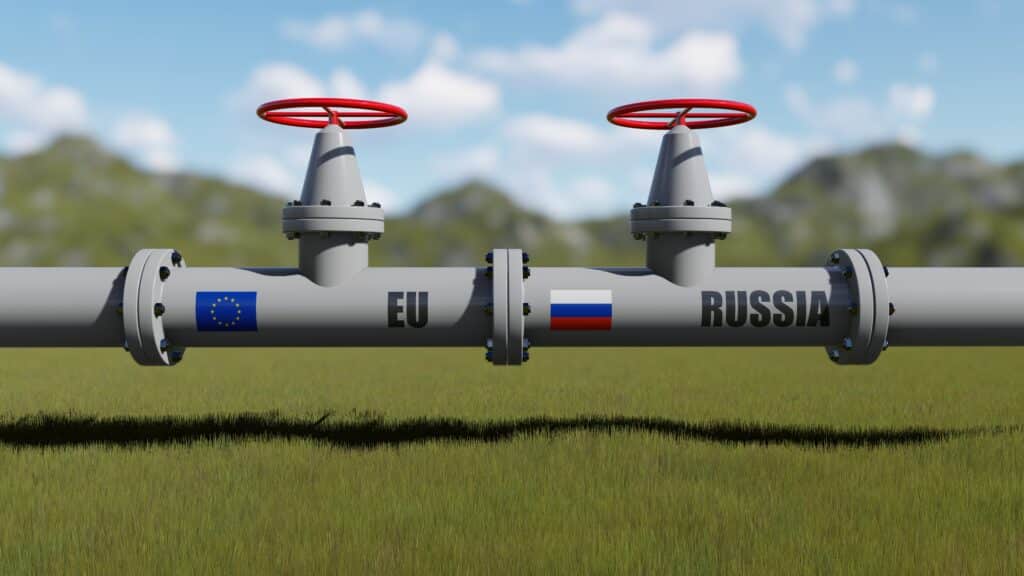Steel Manufacturing Shutters While Prices Drop

Hot rolled coil prices in Northern Europe declined further the past week due to low demand in steel manufacturing. According to sources, this was due partly to higher costs and uncertain economic outlooks. “There is too much pressure from imports, and stock levels are too high,” one trader told MetalMiner when asked about the declining prices for the flat rolled products.
Last week, offers from mills in Northern Europe were €800 ($795) per metric tonne exw for October rolling. This figure represents a decline of almost 6% from the €850 ($845) offered in early August. However, as one trader noted, transactions are more likely to occur at closer to €750 ($745).
The source also commented on the availability of material from East Asia. Indeed, import offers from South Korea and Taiwan now stand at €665 ($660) per metric tonne cfr. This figure is specific to North European ports for October rolling and December delivery. In late June, import offers from Asia were €750 ($745).
Of course, higher energy prices are predominantly a result of ongoing Russian gas-supply concerns. As Europe enters winter, it becomes more unlikely that flat-rolled products will stay at these levels. “It doesn’t make sense for them to lower prices,” the source added.

Learn how to gauge steel prices in MetalMiner’s free September Webinar. Sign up here!
Steel Manufacturing Hindered by European Energy Price
Information from Trading Economics showed that Benchmark, Dutch TTF gas was €214.66 ($213.72) per kilowatt hour on Sept. 2. These numbers are a 36.7% drop from the €339.20 ($337.71) seen last week. However, the latest price are four times higher year-on-year, when gas was €51.92 ($51.69).
Russia drastically limited its supply of gas into Germany and many other European Union countries earlier this year. Despite “technical difficultly” excuses from the Kremlin, most experts believe the cut-off was a reaction to sanctions imposed by the bloc for Russia’s Feb. 24 invasion of Ukraine. About 40% of Europe’s gas supply normally originates in Russia, and the results to the cut off have hit hard.
High prices and weak demand are already causing major disruptions to steel manufacturing and other metals production. On Sept. 2, ArcelorMittal announced plans to indefinitely shut down one of the blast furnaces at its Bremen works. The company hopes to make the move by the end of September. The group also plans to shut down the DRI plant in Hamburg around the same time.

ArcelorMittal Hamburg can produce up to 600,000 metric tons of DRI per year using grey hydrogen extracted from natural gas. The site also has an electric arc furnace that can produce about 1 million metric tons per year of crude steel. The site casts this into billets in 125x125mm and in 130x130mm sizes. This is later rolled on 26 stands into wire rod in 5.5-16mm diameters with various carbon levels. Applications for Hamburg’s finished products include construction and feed stock for drawing mills to further process into spring wire, rope wire, wire rod for pre-stressed concrete and technical springs.
In France, ArcelorMittal plans on blowing down the BF 3 at Dunkirk for relining work. This comes on top of the planned July stoppage of BF 2 for decarbonization. The Dunkirk facility can produce up to 6.8 million metric tonnes per year of pig iron. It uses this to produce up to 6.75 million metric tonnes of crude steel via three basic oxygen furnaces.The site also casts poured steel into slabs for rolling into hot rolled coil. Before September’s end, ArcelorMittal also plans to blow down the BF A at its Asturias plant in northwestern Spain.
Get all the latest news on steel manufacturing and prices. Sign up for the FREE weekly MetalMiner newsletter here.
Winter is Coming, but Russia Continues to Play Politics
On Sept. 2, Russian state-owned energy company Gazprom stated that it would indefinitely suspend gas flows to Germany through its Nord Stream 1 pipeline. The company blamed the move on a malfunction in one of the turbines. Of course, European officials also have not ruled out a link between the Nord Stream 1 suspension and the tentative imposition by the Group of Seven (G7) intergovernmental political forum. The forum aims to create price caps for Russian oil and petroleum products. According to reports, these could come into effect by December.
The United States, the United Kingdom, Canada, France, Italy, Japan, and Germany make up the G7, whilst the EU is a non-enumerated member.
Keep yourself informed of all the latest global metal news with MetalMiner’s monthly MMI Report. Sign up here to begin receiving it completely FREE of charge. If you want a serious competitive edge in the metals industry, try a demo/tour of our revolutionary insights platform here.


Leave a Reply